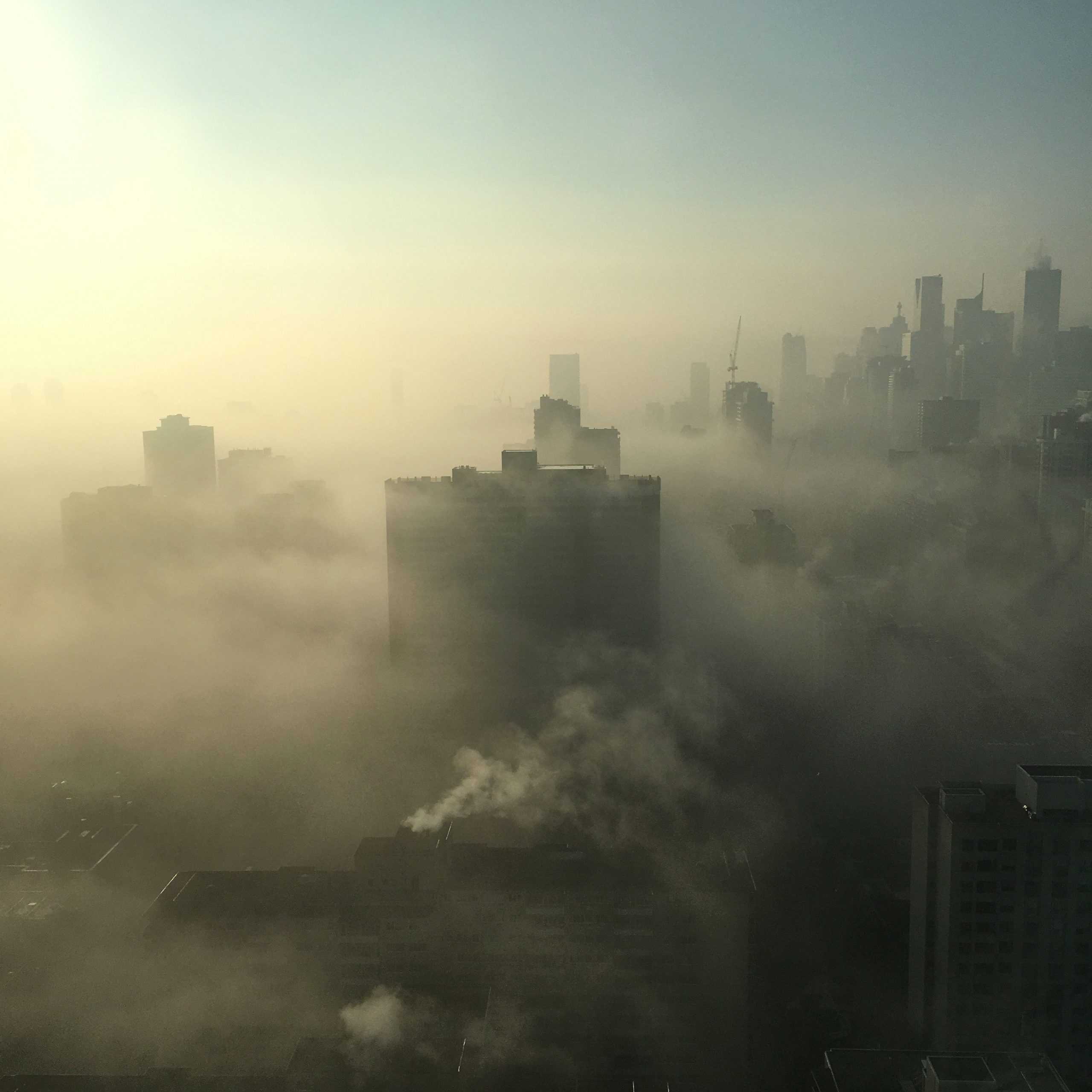In the midst of an escalating air quality crisis in Delhi and nearby cities, the Supreme Court was informed that the central government does not support work-from-home for its employees, stating that it will “not be (of) much benefit and effect”.
The government stated in its affidavit that “… In the recent past, several governmental functions were impacted due to COVID-19 pandemic for substantially a long period of time which entailed pan India ramifications.”
Also Read | Lockdown will not ease Delhi pollution problem, experts say
The Supreme Court had asked the centre and states to consider work-from-home for at least a week in their last hearing on Monday. Pollution from factories, transportation, dust, and some stubble burning are all major contributors, according to the Supreme Court.
“On work-from-home for central government employees, we have said that work has already suffered due to Covid. The number of central government vehicles in Delhi-NCR is not too high. There are more cons than pros when it comes to WFH… it will have a limited impact. We have advised carpooling,” Solicitor General Tushar Mehta told the court today.
To this Chief Justice NV Ramana asked,”Do you have an exact number of central government employees?”
“We don’t have an exact number. But it would be negligible. It would be lesser than other vehicles. Any order here will have all India ramifications,” Mr Mehta told the court.
Also Read | How Delhi’s air pollution compares to 10 of the cleanest cities in the world
As several states in north India remain engulfed in toxic air, the court has been urging the authorities to take immediate action.
The Punjab government, which had been chastised over the issue of stubble-burning, also informed the Supreme Court today that it would require financial assistance from the federal government.
“All possible steps are being taken to control stubble burning but we’re facing financial limitations. We need financial assistance from the centre to control stubble burning. We have been asking to provide cost compensation of ₹ 100 per quintal to the farmers over and above MSP to control stubble burning but to no avail,” the court was told.
The Commission for Air Quality Management announced last night that all schools and colleges in Delhi and the surrounding cities should be closed until further notice. The directive, which is one of several, comes as the national capital region battles a toxic smog that has engulfed the city since Diwali.
Also Read | What causes Delhi’s air pollution to peak in winters?
The CAQM also advised NCR state governments (Delhi, Haryana, Rajasthan, and Uttar Pradesh) to let at least 50% of employees work from home until November 21 in a nine-page order.
The CAQM (a subcommittee of the Central Pollution Control Board) ordered that private companies in the Delhi NCR be “encouraged” to allow at least 50% of their employees to work from home.







